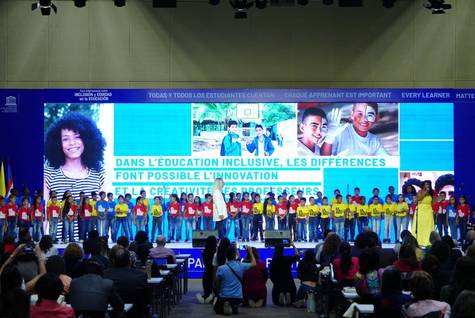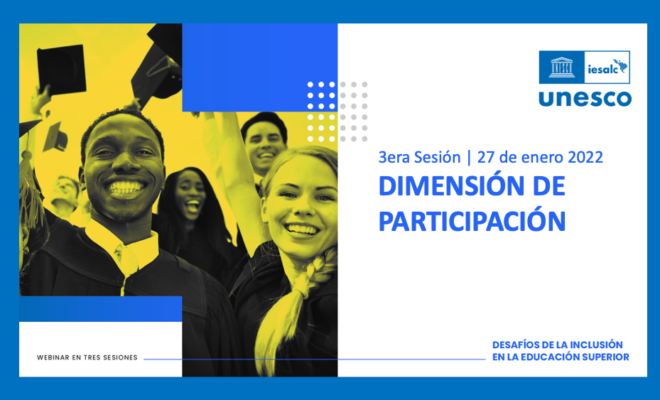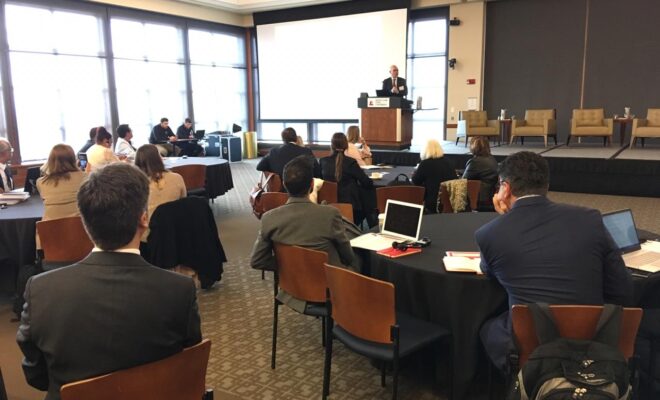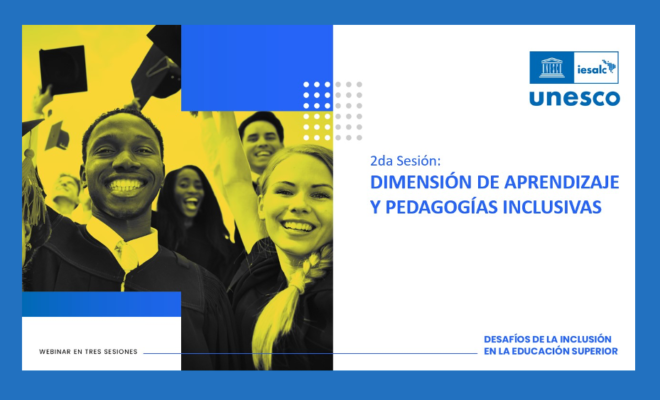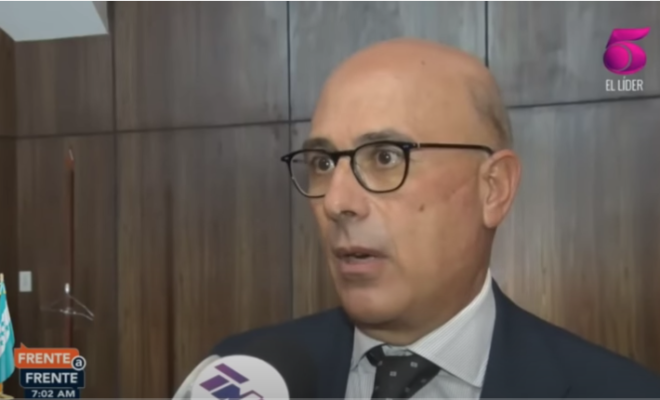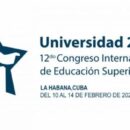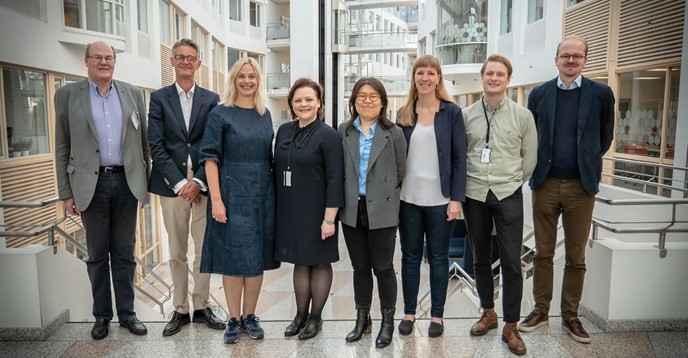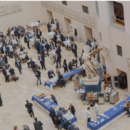Students are united by their diversity
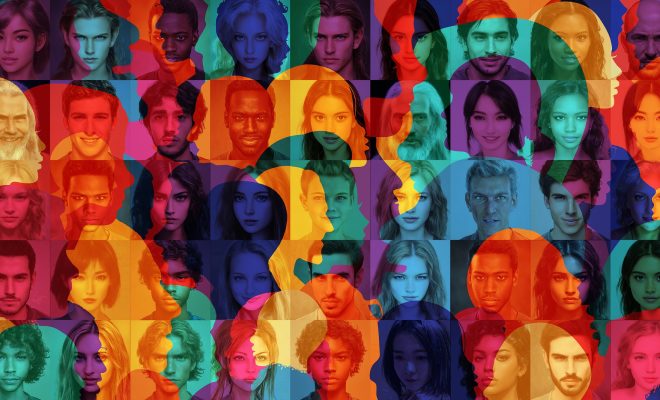
Youth are directly impacted by education policies which are designed by policymakers at a local, national, and even international level. In these policies, there is a recurring narrative whereby it is assumed that youth and their experiences in higher education are homogeneous. With this assumption, many higher education policies are designed with a specific type of student in mind, which can impact the access, retention, and success of the actual body of students which is increasingly diverse. Therefore, it is imperative to hear every voice, to count every experience, and to consider every barrier that can impede the right to higher education for students.
Within the framework of UNESCO IESALC’s work on the right to higher education, the first Youth Dialogue on the Right to Higher Education in Latin America was organized in December 2022. The aim of the Youth Dialogue was to give space to a diverse group of students to talk about their experiences in higher education, the barriers they had faced and the solutions they proposed to overcome them.
The dialogue was held with higher education students from the LGBTIQ+ community, first-generation university students, students from linguistic minorities and students who are recipients of government scholarships. Representatives of organisations working with these students were also invited to participate in the dialogue.
Participants in the Youth Dialogue noted that the hardest thing was to remain in higher education, pinpointing the inflexibility of the system for working students, the inflexibility of content which is not adapted nor updated to the current times and the lack of technological access to content for people with hearing or visual disabilities as the main barriers for student success. Students also highlighted the lack of resources from the state, the lack of information regarding quality programmes and scholarships as barriers of access.
Participants emphasized the importance of effective implementation of policies concerning the right to higher education. For example, some countries have policies that cover diversity in higher education, but which are not implemented most of the time, typically because of a lack of budget.
Other solutions such as an increased support, not only financial but also academic and psychological were mentioned by participants. Teacher training was also an important aspect of the proposed solutions. Teachers should be trained to interact empathetically with neurodiverse students, and those with medical conditions or any other situation that could impact their performance.
As one of the participants in the dialogue said, “the one characteristic that unites all students is diversity”. This is a powerful message for policymakers stemming from the first Youth Dialogue on the Right to Higher Education.
The actions by UNESCO IESALC build on debates around the right to higher education in the policy-making arena. In 2022, the World Higher Education Conference and the Transforming Education Summit provided youth with a space to speak out and speak up regarding their most pressing concerns related to education.
For education to truly be transformative and uphold human rights, youth must be meaningfully engaged as partners in education policy and decision-making. Most importantly, diverse voices representing a variety of experiences and including equity-deserving groups must be brought to the fore.
UNESCO IESALC commits to keeping open this space, to continue to include the voices and experiences of as many students as possible and to, together, act for an increased participation of youth in the process of policymaking.
Author
Arianna Valentini
Junior Analyst for Research and Foresight, UNESCO IESALC
RELATED ITEMS

